The recruitment industry is undergoing a rapid transformation driven by technological advancements, changes in the job market, and shifting candidate expectations. As recruiters and HR professionals strive to adapt to these evolving trends, it’s essential to stay informed and proactive. In this blog post, we’ll delve into some of the most significant trends reshaping the recruitment landscape, providing you with insights and strategies to thrive in this dynamic environment.
AI-Powered Recruitment
Artificial Intelligence (AI) has become a game-changer in the recruitment industry. AI-driven tools are now being used to automate repetitive tasks, such as resume screening and initial candidate assessments, allowing recruiters to focus on more strategic aspects of their roles. According to a study by LinkedIn, AI in HR and recruitment has led to a 50% reduction in time spent on administrative tasks1. Tools like chatbots are also being employed to engage with candidates, answer their queries, and even schedule interviews, ensuring a seamless and efficient candidate experience.
Data-Driven Decision-Making
Recruiters are increasingly relying on data analytics to make informed decisions throughout the hiring process. Big data and analytics tools provide valuable insights into candidate sourcing, performance prediction, and retention strategies. By leveraging data, companies can identify patterns and trends in their recruitment efforts, leading to more effective hiring outcomes. A report by McKinsey & Company highlights that organizations that use data-driven recruiting are three times more likely to report significant improvement in recruiting efficiency2.
Diversity and Inclusion Initiatives
Diversity and inclusion (D&I) are no longer optional but imperative for organizations. Companies are actively implementing D&I strategies to attract a broader talent pool and foster a more inclusive work environment. According to a survey by Glassdoor, 67% of job seekers consider workplace diversity an essential factor when considering job offers3. Recruiters are, therefore, focused on ensuring diverse candidate slates and promoting inclusive hiring practices.
Remote Work Opportunities
The COVID-19 pandemic accelerated the adoption of remote work, transforming how companies approach talent acquisition. Remote work is now considered a long-term option by many organizations, expanding their candidate search to a global scale. A report by Upwork shows that remote job listings have increased by 460% over the past two years4. Recruiters are adapting to this trend by assessing candidates’ remote work readiness and emphasizing flexibility in job descriptions.
Soft Skills Assessment
In addition to technical qualifications, recruiters are placing a strong emphasis on assessing candidates’ soft skills. These skills, including communication, adaptability, and problem-solving, are considered crucial for success in today’s rapidly changing work environments. A survey conducted by the National Association of Colleges and Employers (NACE) revealed that 80% of employers prioritize communication skills5. To evaluate soft skills effectively, recruiters are using behavioral interviews, simulations, and psychometric assessments.
Candidate Experience
Providing an exceptional candidate experience has become a competitive advantage for companies. Candidates today have higher expectations when it comes to the recruitment process. They seek transparency, personalized interactions, and timely communication. Research by CareerBuilder found that 78% of candidates say the overall candidate experience they receive is an indicator of how a company values its people6. Recruiters are focusing on enhancing every touchpoint with candidates to create a positive and lasting impression.
Conclusion
The recruitment industry is undergoing a profound transformation, driven by technology, data, diversity, and evolving candidate expectations. Staying ahead of these trends is essential for recruiters and HR professionals to attract top talent and contribute to their organizations’ success. By embracing AI, leveraging data, prioritizing diversity and inclusion, adapting to remote work, assessing soft skills, and enhancing the candidate experience, recruitment professionals can navigate this changing landscape with confidence.
As you navigate these trends, remember that staying informed and adaptable is key to thriving in the ever-evolving world of recruitment.
This blog post provides an in-depth exploration of evolving trends in the recruitment industry with references to support the discussed points. You can further expand on each trend or add more trends and insights based on your specific requirements.
LinkedIn, “AI in Recruiting: A Guide to Transforming Your Talent Strategy,” June 2018. ↩
McKinsey & Company, “People Analytics: Recalculating the Route to Success,” April 2017. ↩
Glassdoor, “Diversity and Inclusion Study,” January 2019. ↩
Upwork, “Future Workforce Report,” December 2021. ↩
National Association of Colleges and Employers (NACE), “Job Outlook 2022,” September 2021. ↩
CareerBuilder, “Candidate Experience from Start to Finish: What You Need to Know,” January 2022. ↩


